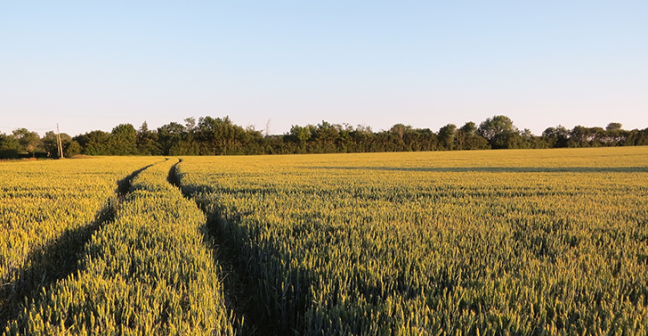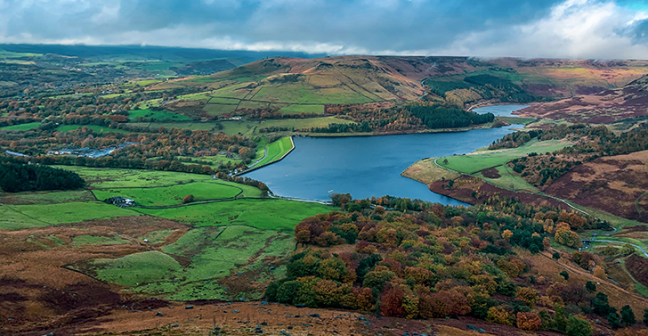Since the COVID-19 pandemic emerged large societal shifts have altered who travels where, when and why. The reduction in mobility decreased vehicle traffic by about 70% by mid-April according to the Department for Transport (DfT). This led to a marked reduction in emissions from vehicles....
Members' Area Closed
From 10th November to 18th November, the Members' Area of the website will be offline as we move to a new website and upgraded Members' Portal. This means that you will not be able to update your details, complete forms or record your CPD for this week. We apologise for any inconvenience this may cause.
Webinars content
Global environmental assessments play an important role in environmental governance. They synthesise advancing scientific knowledge to provide insight in causes and consequences of environmental change, as well as possible solutions. To retain their value for environmental governance in the...
This keynote speech from invited external expert Dr Stuart Capstick was delivered at the IAQM AGM 2020. He discusses the public understanding and risk perception of climate change and air pollution, the relevance of behaviours and everyday practices for tackling climate change and air...
This is a period of huge change and uncertainty when it comes to future farm and related environment policy. Whilst there is a new Agriculture Bill and Environment Bill in development – the former almost done, the latter woefully delayed - the regulations, support schemes, advice and wider...
The Chartered Environmentalist (CEnv) professional registration demonstrates that you hold the relevant environmental and sustainability skills within your profession at a Chartered level. But what are Chartered level skills for an environmental professional? And, if I do have them in my locker...
Chartered Environmentalists come from no single profession but operate across all professional sectors. Achieving the Chartered Environmentalist denotes your sound knowledge, proven experience and a profound commitment to sustainable best practice within your field of expertise.
The...






